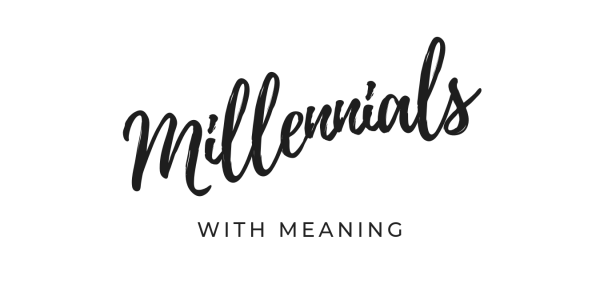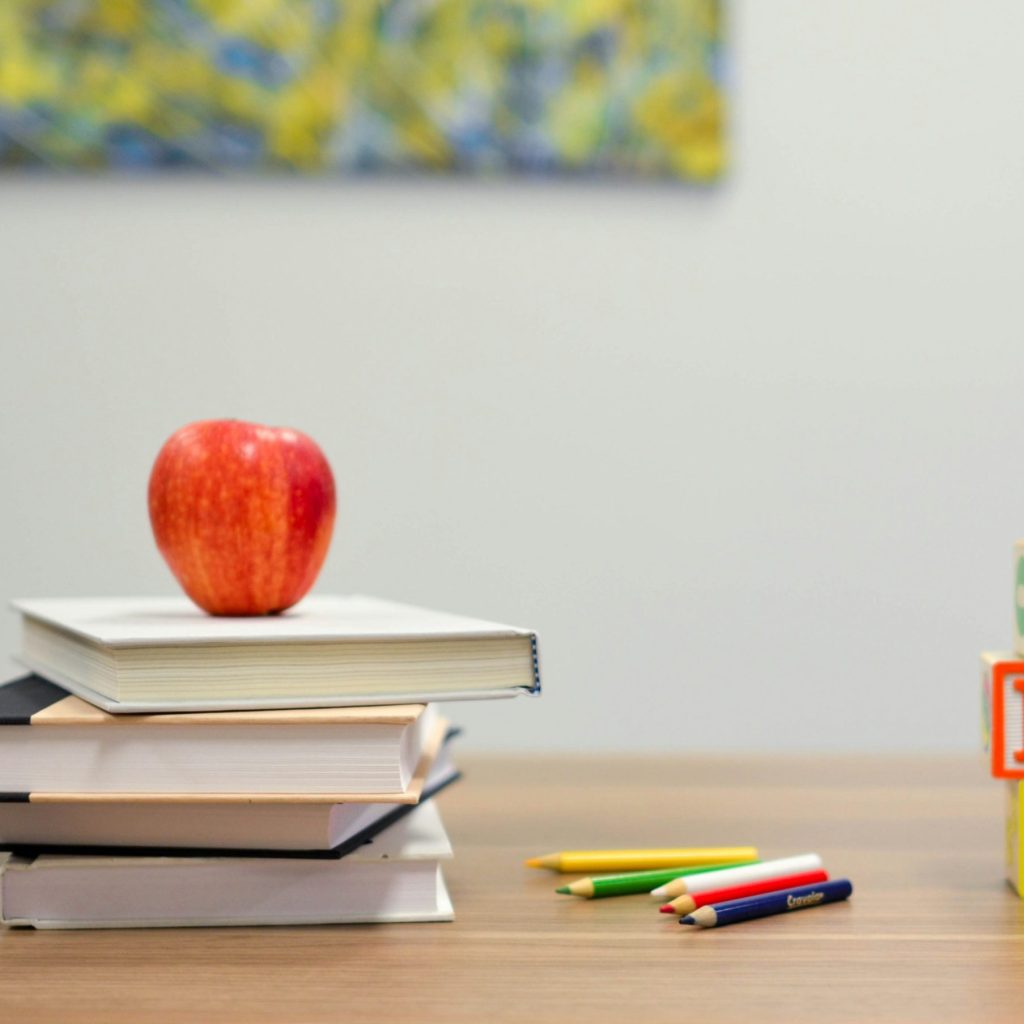


I am not a parent. I have, however, spent my life around kids, I taught in a public elementary school for three years (one as a 3rd grade teacher, two as a short- and long-term substitute for various ages), and I have vivid memories of my own childhood. My thoughts are coming from these perspectives.
I observe many parents who struggle to determine what type of schooling is best for their children. Public school? Private school? Homeschool? Christian school? Catholic school? Charter school? Many I’ve known have agonized over this decision and still expressed doubts, even after deciding. I recognize that it can be difficult to discern the right path.
I hated school as a kid. I was very fortunate to attend a private Christian school until 7th grade, and I believe being in a Christ-centered environment was a better option for me than a traditional public school setting. The majority of the teachers I had were nice, and my parents sacrificed to send me there. Still, I didn’t want to go. I wanted to stay home with my mom and I would beg, plead, and cry for my parents to homeschool me, beginning before I started kindergarten. My mom thought we would argue too much if she homeschooled me (and she was probably right), so they said no. (On the flip side, my parents would often threaten to homeschool my very extroverted brother when he would get in trouble for talking too much at school. One person’s punishment is another’s reward! 😊)
As I got older, I started to accept that my parents making me go to school (Christian school for preschool and elementary, public school for junior high and high school) was probably for the best. It made me stronger. Tougher. “Built character,” as my dad often liked to say. I concluded, Well, I probably wouldn’t send my kids to school, but it was good for me.
Then I became an adult and, eventually, a teacher. Now that I was firmer in my identity, knew my own personality really well, and watched how kids I knew responded to various school situations, my mindset shifted again.
What I realized is that I didn’t ever like school because it didn’t feel safe to me. Home was my safe place, so that’s where I wanted to stay. I don’t mean I was in physical danger at school, but it just wasn’t a place that felt secure to me. I never quite fit in, and it felt like people were always trying to get me to speak up and, in essence, become someone other than who I actually was. The pressure wasn’t good for me, nor was the feeling of being forced to go somewhere every weekday that didn’t bring me the same security I felt at home.
As a teacher, I observed the same sensitivity in some of my students that I had experienced as a child. From day one, as much as it was in my power to do so, my goal was to make my classroom a safe place. I wanted to honor and validate the way God made each child and do my best to celebrate their unique attributes, rather than try to shape them into what I preferred. I aimed to provide encouragement, love, and security. It took a while, but I think that, overall, I achieved this. My students didn’t all grasp multiplication to the level I had hoped, but they knew I loved them, and that mattered the most to me.
I will never forget one of the first parent-teacher conferences that I attended as a teacher. Another teacher was in the room with me and began to list a few areas in which she’d like to see this student improve. I watched the child’s face fall as soon as the teacher said she wanted to see the girl participate more in class discussions. This child was a sweet, compliant, and respectful girl with very introverted tendencies, and I could see so clearly how she’d been told this same thing, over and over – just the way I had as a kid.
“I appreciate how respectful she is, even when everyone else in the class is talking out of turn!” I said when it was my opportunity to share about the student. “She is so kind and thoughtful, and there’s nothing wrong with being an introvert!” I smiled.
The child’s head popped up in surprise, and I saw relief fill her parents’ faces as wide smiles took over. They were so appreciative that someone had finally seen the gold in their child that they saw, too. I had a great relationship with that student from that moment on. I never pressured her to do anything she wasn’t comfortable with, but once she felt secure, she did do all the things the other teacher had requested of her. It was a safety issue for her. (I don’t mean to villainize the other teacher in any way, for the record! She’s a wonderful and caring person. I just had a different perspective because of my own history, and I could sense that this student and her parents needed validation, not a report that focused on how the child was lacking.)
Creating a feeling of safety won’t necessarily result the exact outcome you’d like, but I do believe results are more likely to follow when a student feels safe. Even if not, I think it’s important for every child to feel secure, and that is a win in itself.
I don’t think there’s always a one-size-fits-all approach to schooling. Though I personally favor homeschooling over other options and would most likely go this route for children of my own, I recognize that some families just can’t make that work, whether financially or for other reasons. Here’s my stance: I think parents should choose the best option they can that makes their child feel safe and aligns with their family’s values.
Not every child is as sensitive as I was, but some are. Yes, they might “toughen up” over time – I certainly did – but they also might be subject to preventable emotional damage. Though I can’t go back and change the past, I suspect that I would have become a much more confident child – and gained confidence in my identity a lot sooner in life – if I hadn’t been regularly forced to spend time in environments that felt unsafe to me. It wasn’t just school. Between school, church programs, riding the bus twice a day, and after-school activities, my time at home – my safe place – became limited, and that lack of consistent safety had a deep impact on me. Even eliminating one of those factors would have helped, but school was the biggest one for me because I spent the most time there.
If your child feels safe in private school, great. If your child feels safe in public school, great. But if you find that your child does not have that sense of security, especially after he or she has had time to adjust, consider looking at other options. Pursue the best option that matches your values, that allows for your child to feel safe, and that brings you the most peace in your spirit. Reevaluate when necessary, but go after these things, and I believe you and your child will benefit.